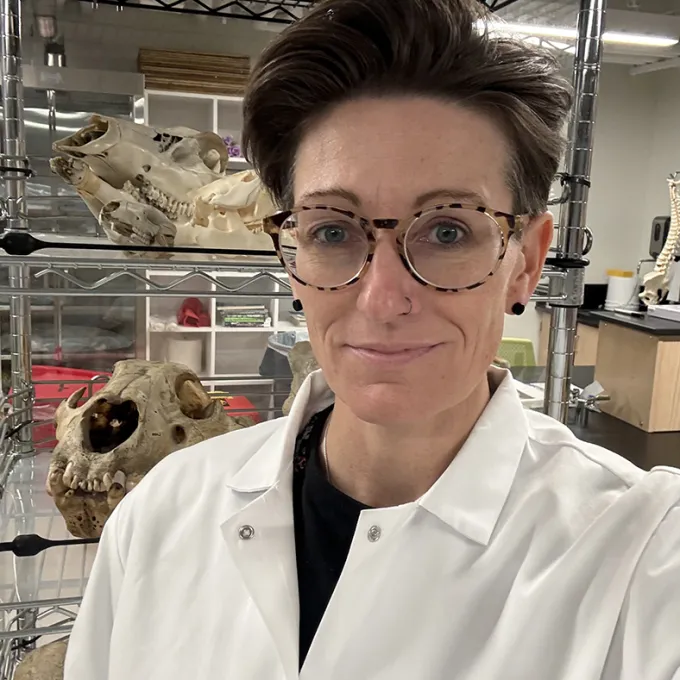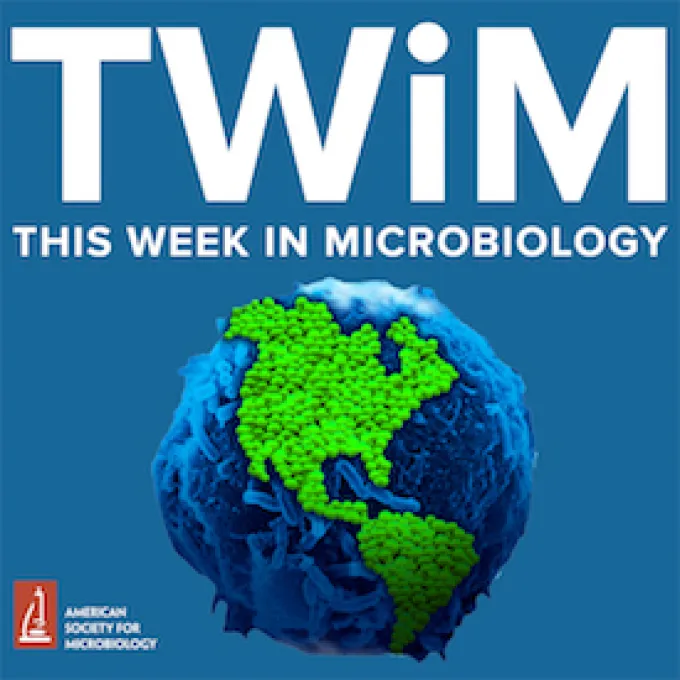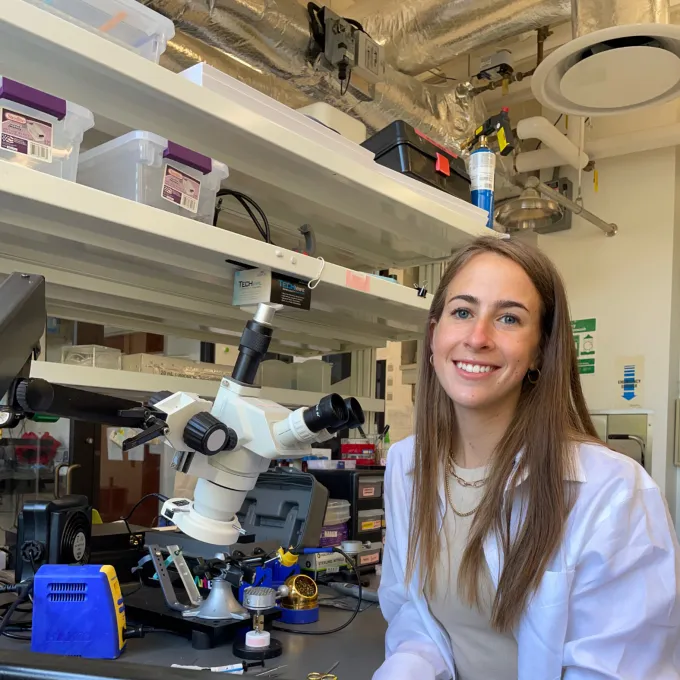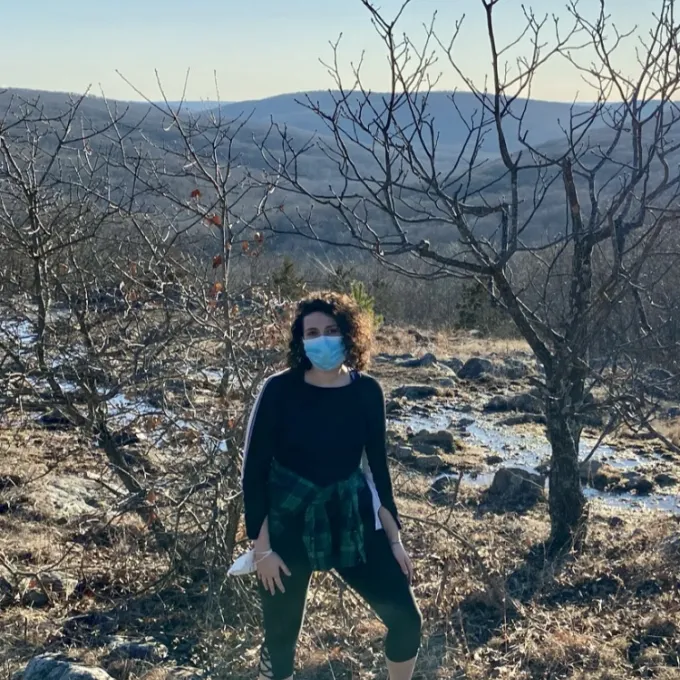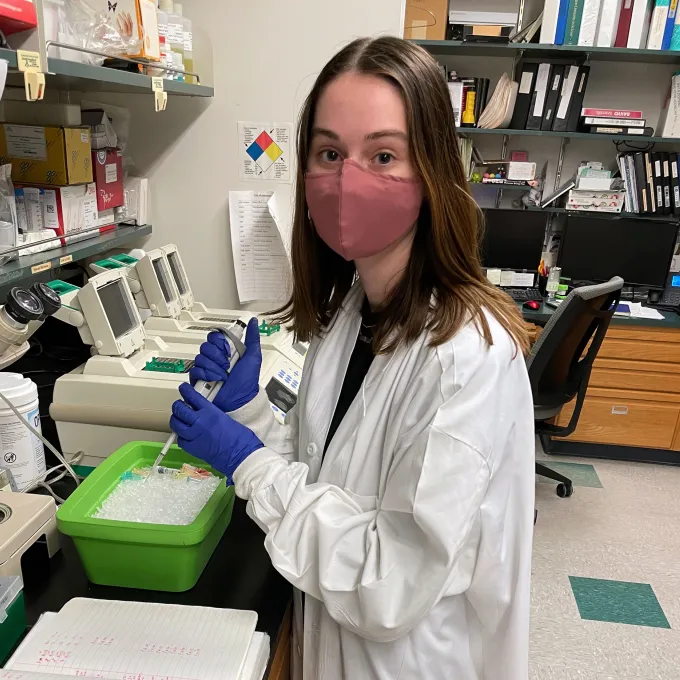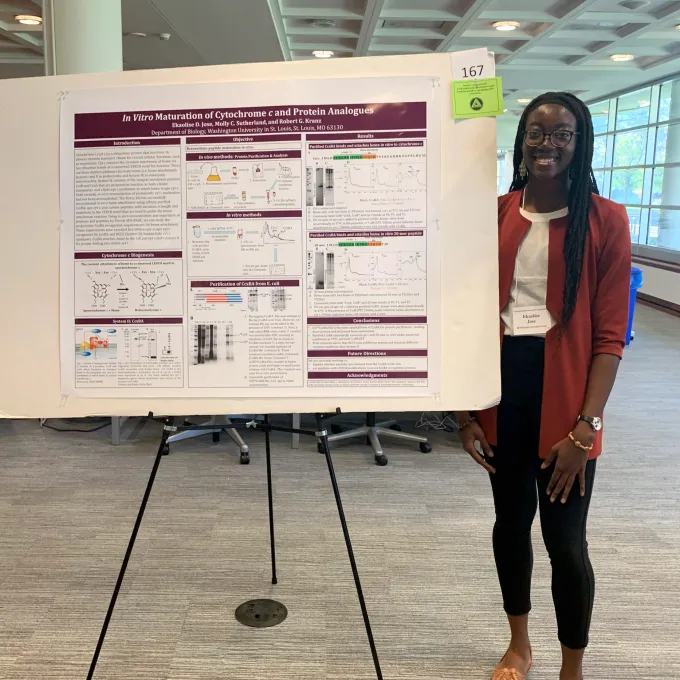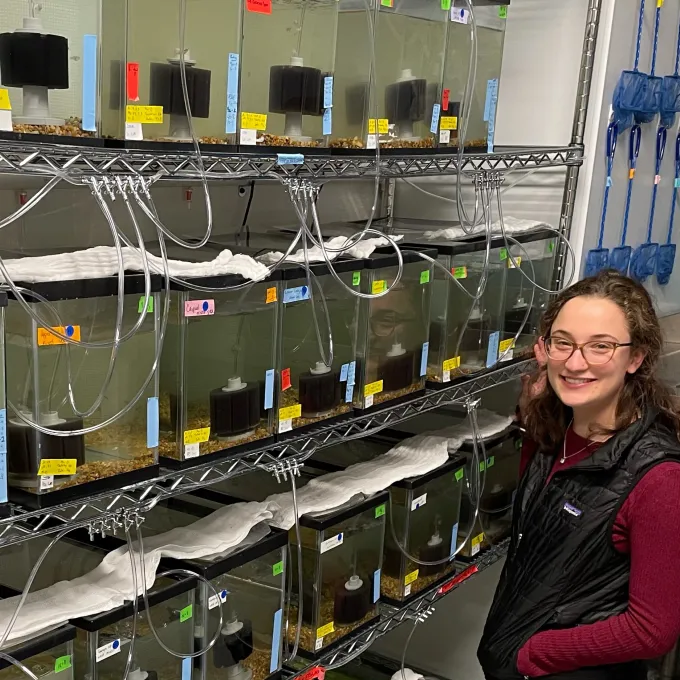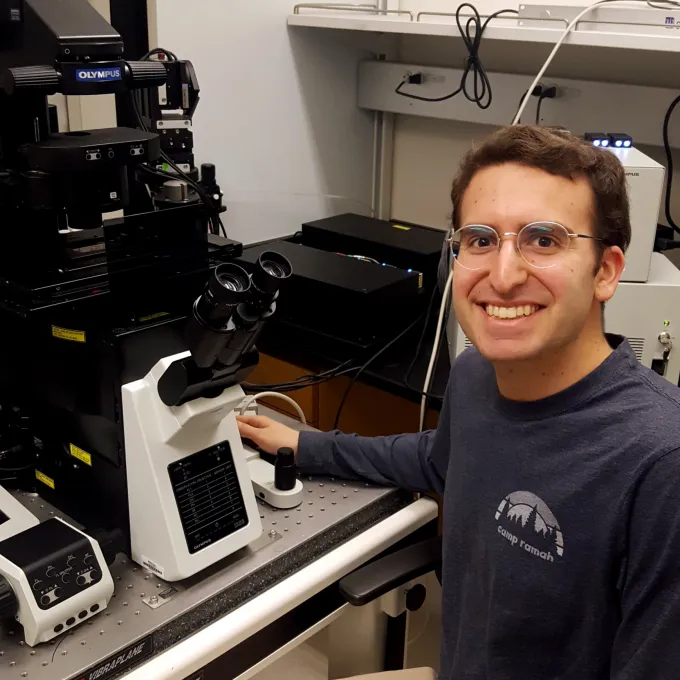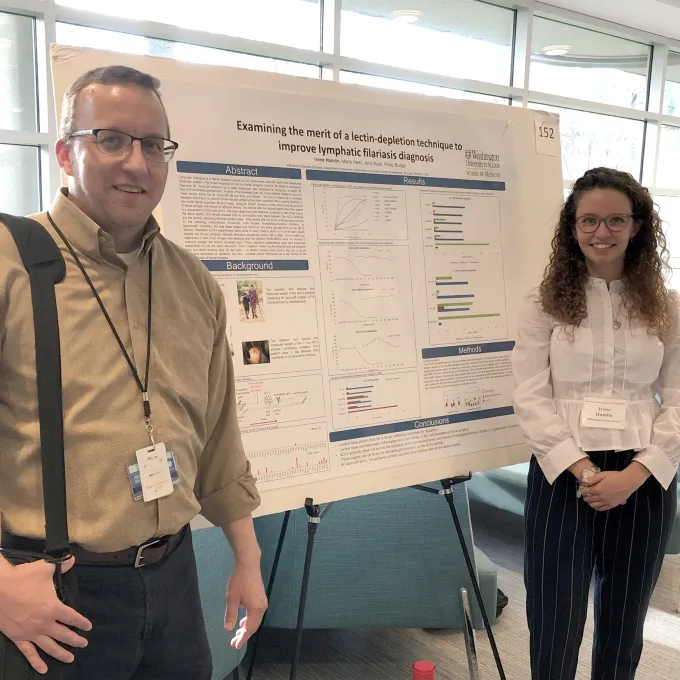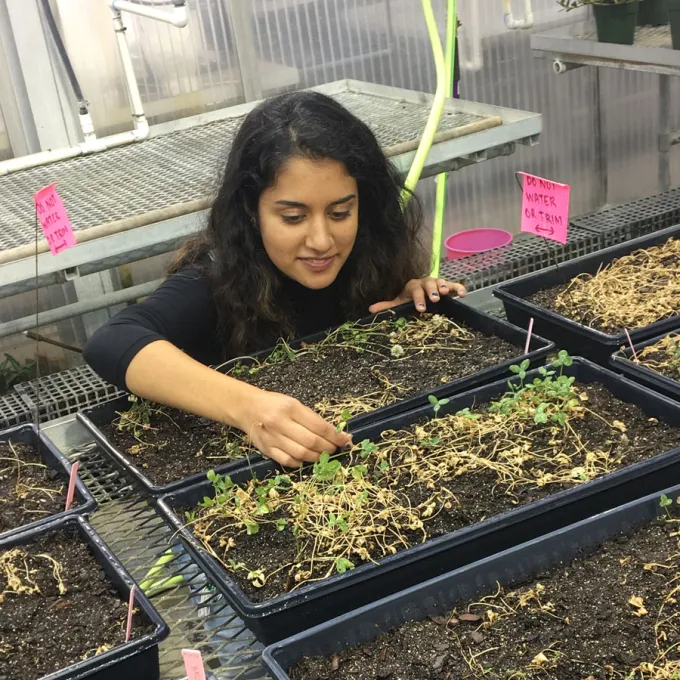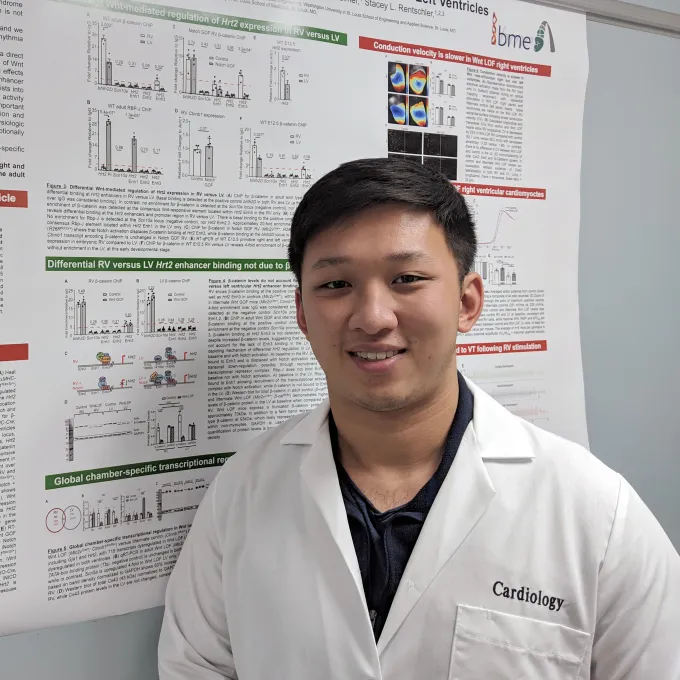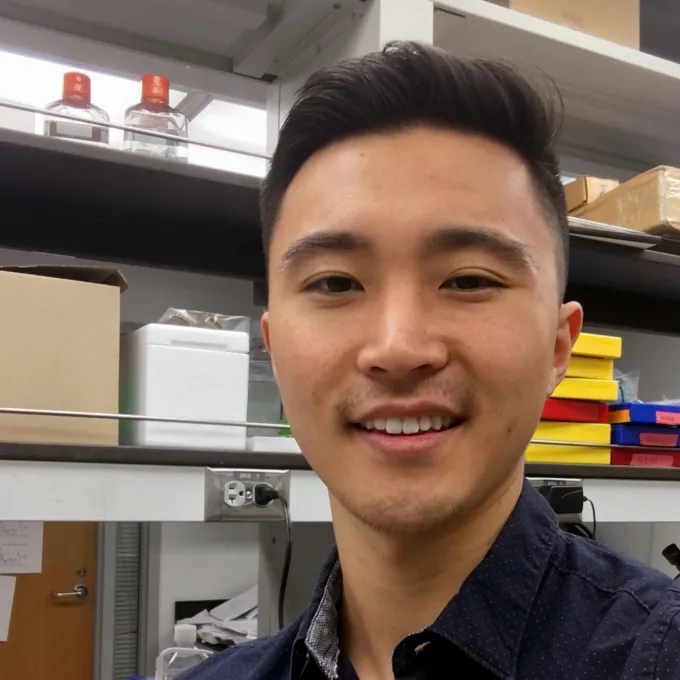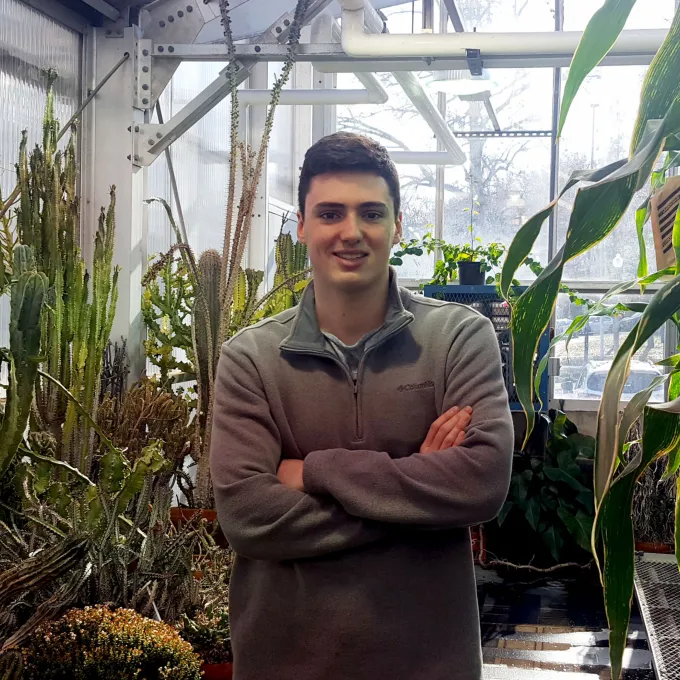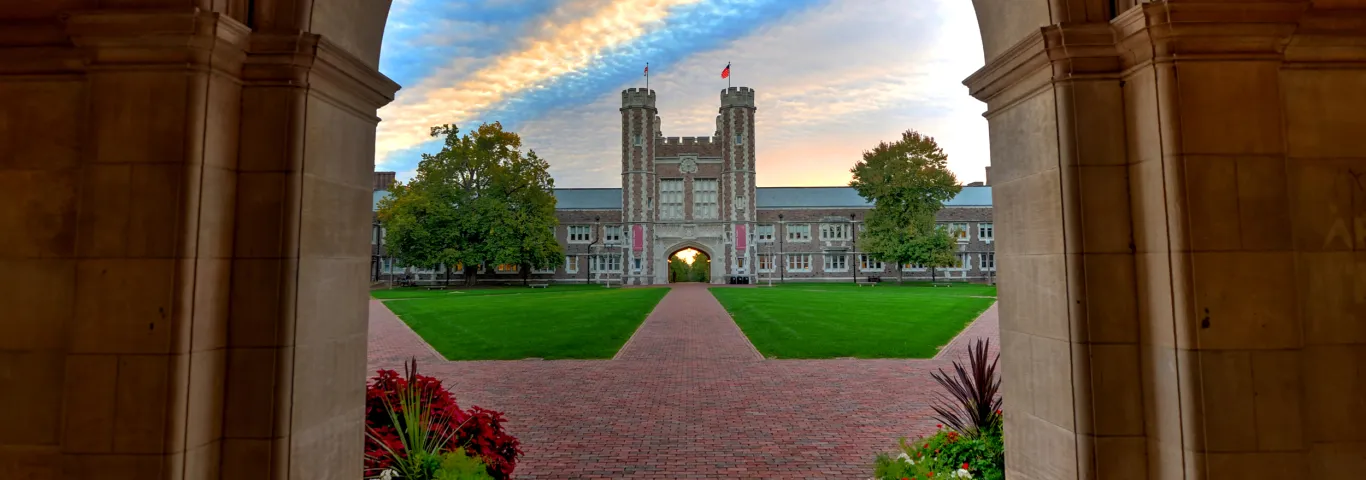
BIOrhythms
a publication of the Washington University Biology Department for Undergraduate Majors
Do You Have...
An announcement you’d like to make?
An interesting story or fun fact you’d like to share?
A professor or course you’d like to suggest for a spotlight?
We want your input!
BIOrhythms archive
-
December 2025
Featuring Tony Smith on the Biology Undergraduate Independent Research Program, plus student experiences, new student group MedGenetiX, and more
-
April 2025
This issue features new Assistant Professor Andreas Kautt, BIOL 4523 Molecular Methods in Enzyme Analysis, and Junior Jumpstart
-
February 2025
This issue features Kevin Cox, the Spring 2025 Undergraduate Research Symposium, and helpful information about WashU’s new Workday Student system.
-
November 2024
This issue features Ben Mansfeld, Bio 4346 Next-Gen Genetics and more
-
September 2024
Biology Research Ambassador's program, WashU chapter of the American Society for Microbiology and more
-
April 2024
This issue features Jennifer Wang and Bio 3494 Microbes and the Environment
-
February 2024
Bio 4935 Research Perspectives with postdocs Tyler Larsen and Margaret Steele, Spring 2024 Undergraduate Research Symposium, Engage Democracy
-
November 2023
Faculty Spotlight: George Hoganson, Assistant Prof of Pediatrics, Course Spotlights: Bio 2652 & 2658: PEMRAP I & II; Bio 3057 vs. 3058: changes to Physiological Control Systems, New Student Group: WashU Genomics & Precision Medicine Society
-
October 2023
Faculty spotlight: Xuehua Zhong; Course spotlight: Bio 4344 Epigenetics
-
April 2023
Features Mark Manteuffel, Instructor; Stella Rusel, new Student Coordinator, Bio 380 and Bio 4193.
-
February 2023
This issue features Lecturer Corey Westfall, new courses for fall 2023 and more
-
November 2022
This issue features a Faculty Spotlight on Liz Mallott, Course Spotlight on Bio 349 Microbiology, WashU Votes: midterm election party on November 8th, new student group KDSAP offering clinical experience, and more.
-
September 2022
Featuring Assistant Professor B. Duygu Özpolat, WashU Votes, Vagelos Fellowship, and best places to study in Biology
-
April 2022
Featuring Barbara Schaal and Bio 3900: Science for Agriculture and Environmental Policy
-
More BIOrhythms Archive
All issues of BIOrhythms dating back to September 2008
